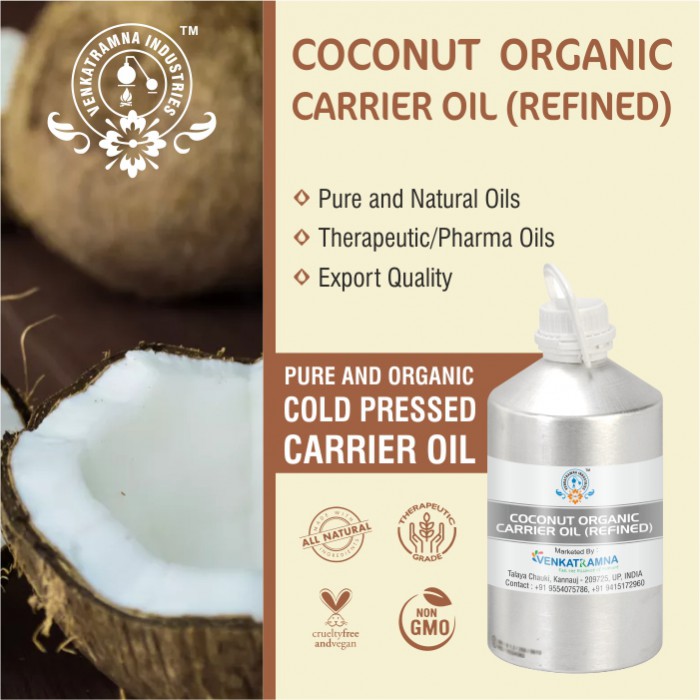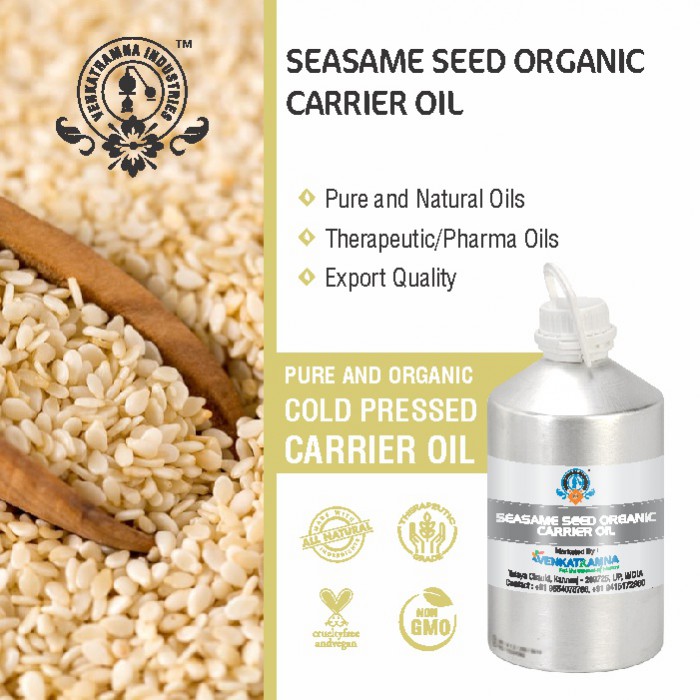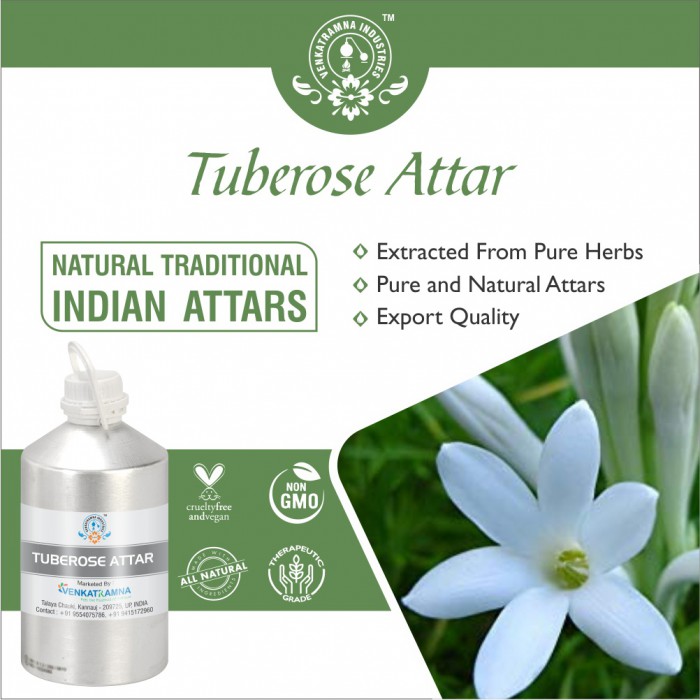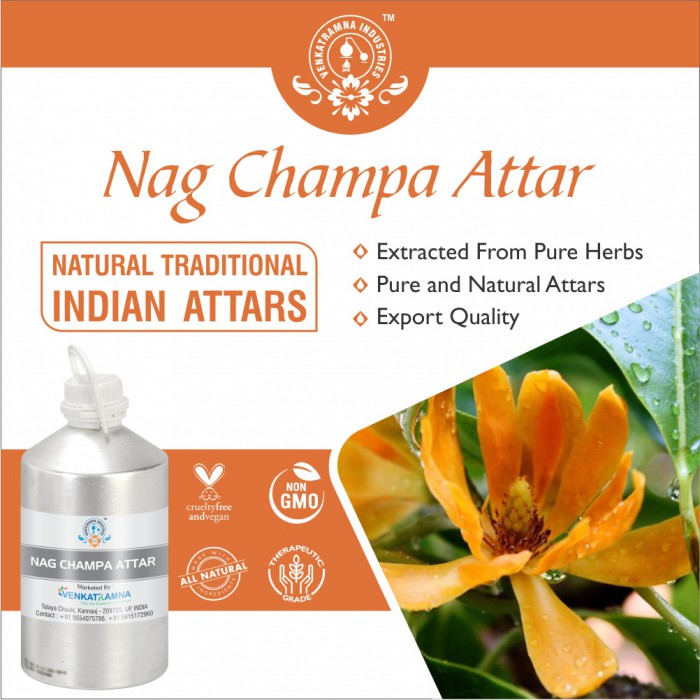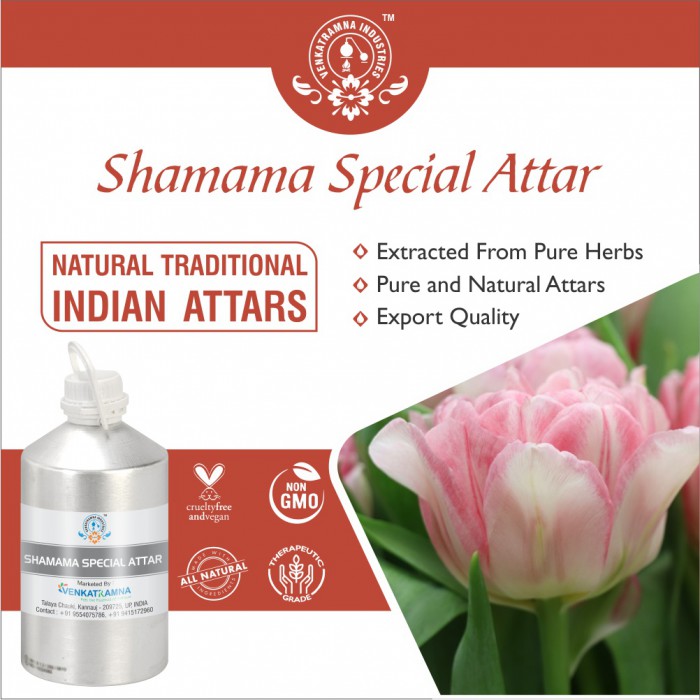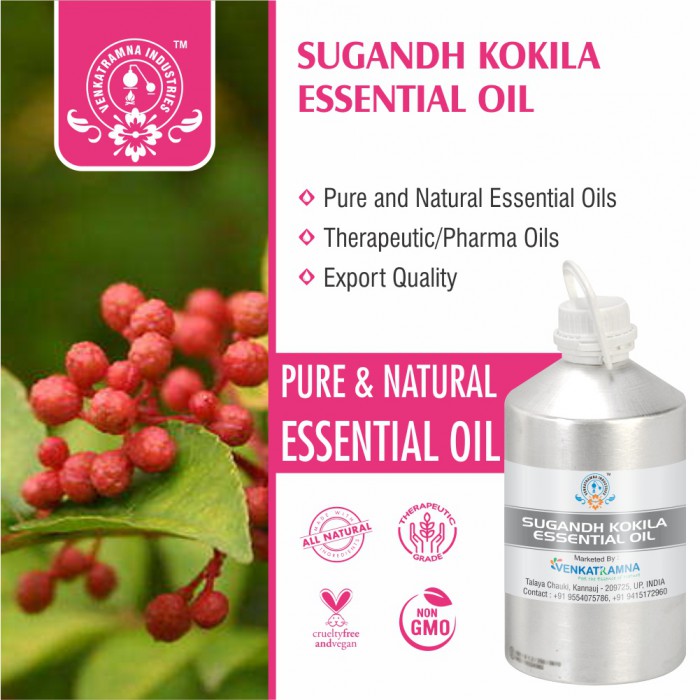Botanical Name: Litsea cubeba Common name: Aromatic litsea, May chang Read More
|
Botanical Name: |
Litsea cubeba |
|
Common name: |
Aromatic litsea, May chang |
|
Plant family: |
Lauraceae |
|
Genus: |
Litsea |
|
Appearance/Color: |
A thin, clear, pale yellow liquid. |
|
Odor: |
A top note with a medium aroma, citrus smell. It has been
compared to Lemongrass and Lemon Verbena, but it is sweeter than Lemongrass
without the musty note, and more accurately citrus in its scent than Melissa. |
|
Blends With: |
Bergamot, Orange, Cedarwood, Geranium, Lemon, Lavender
and Pine. |
|
Origin |
China |
Litsea cubeba Pers., Lauraceae, consists of more than 400 species and is predominant in tropical and subtropical regions of India, Southeast Asia, southern China, Taiwan, and Japan. Litsea is evergreen, fast growing, and a rare deciduous tree or shrub that attains a height of about 8 m, growing spontaneously in the eastern Himalayas, Assam, Manipur, and Arunachal Pradesh up to an altitude of 2700 m from sea level . In the Assam state of India, the tree is known as “mejankari”, while it is commonly called “May Chang” or “Chinese pepper” in China. Litsea plants are the primary source for traditional medicines but they also serve as a secondary source of food for muga silk worms.
DISCLAIMER
The complete range of conditions
or methods of use are beyond our control therefore we do not assume any
responsibility and expressly disclaim any liability for any use of this
product. Information contained herein is believed to be true and accurate however,
all statements or suggestions are made without warranty, expressed or implied,
regarding accuracy of the information, the hazards connected with the use of
the material or the results to be obtained from the use thereof. Compliance
with all applicable federal, state, and local laws and local regulations
remains the responsibility of the user.
The FDA has not evaluated the
statements on this website. No claims are made by Venkatramna Industries as to
the medicinal value of any products from vriaroma.com or by us. The information
presented here is for educating our customers about the traditional uses of
essential oils and is not intended to diagnose, treat, cure, or prevent any
disease. You are responsible for understanding the safe application of these products.
If you have any questions, please call or email us for further information.
As per NAHA guidelines, New Directions Aromatics
(NDA) does not recommend the ingestion of essential oils. It is imperative to
consult a medical practitioner before using Essential Oils for therapeutic
purposes. Pregnant and nursing women and those taking prescription drugs are
especially advised not to use this product without the medical advice of a
physician. The oil should always be stored in an area that is inaccessible to
children, especially those under the age of 7.
The plant possesses medicinal
properties and has been traditionally used for curing various gastro-intestinal
ailments (e.g., diarrhea, stomachache, indigestion, and gastroenteritis) along
with diabetes, edema, cold, arthritis, asthma, and traumatic injury. Besides
its medicinal properties, Litsea is known for its essential oil,
which has protective action against several bacteria, possesses antioxidant and
antiparasitic properties, exerts acute and genetic toxicity as well as cytotoxicity,
and can even prevent several cancers.
Citral Essential Oil in Pharma
Litsea cubeba encompasses a varied number of structurally diverse
biologically active compounds, and their uses in traditional medicines and
their various functions are listed in Table 2. The major groups of compounds include
alkaloids, monoterpenes, sesquiterpenes, diterpenes, flavonoids, amides,
lignans, steroids, and fatty acids. These compounds have anticancer,
anti-inflammatory, antimicrobial, antioxidant, antidiabetic, and anti-HIV
properties, and therefore have immense potential for treating various diseases.
Essence of Citral Essential
Oil
Most Litsea species produces
odor active compounds while the fruits contain biologically active components
that are utilized in various foods as a source of natural ingredients and for
flavor. Energetically Litsea Cubeba is emotionally refreshing with a cool
radiant energy.
The fragrant flowers are eaten
or used as a flavouring for tea. The fruits are eaten as a vegetable side dish,
and are a common substitute for cubeb pepper (Piper cubeba) The fruit, bark and
leaves are often used by the Karen people of N. Thailand as a curry ingredient
in a dish called 'Kaeng Nuea'. The roots are cooked as a flavoring in foods
COMMON USAGE
·
Anti-cancer
·
Treat the fatigue
·
Treat the cough and cold
·
Keep the spirit and soul healthy
·
Asthma
·
Allergic
·
Bronchitis and chest ailments
·
Digestive problem
·
Treat the nausea
·
Headache
·
Arrhythmia
·
Regulate blood pressure
·
Keep the skin healthy
Ingredients:
|
S.No |
Key Constituents |
Strength (%) |
|
1 |
Geranial |
37.9-40.6 |
|
2 |
Neral |
25.5-33.8 |
|
3 |
(p)-limonene |
8.4-22.6 |
|
4 |
Methyl heptanone |
0.5-4.4 |
|
5 |
b-myrcene |
0.5-3.0 |
|
6 |
Linalool |
1.2-1.7 |
|
7 |
geraniol |
0.5-1.6 |
|
8 |
Sabinene |
0.1-1.6 |
|
9 |
Linalyl acetate |
0-1.6 |
|
10 |
a-pinene |
0.8-1.4 |
|
11 |
b-pinene |
0.8-1.4 |
|
12 |
Nerol |
0.4-1.2 |
TOXICOLOGICAL
INFORMATION
Safety Summary
·
Hazards drug interaction; teratogenicity;
skin allergy.
·
Cautions (all routes): drugs metabolized
by CYP2B6
·
Caution (oral): diabetes medication,
pregnancy.
·
Cautions (dermal): hypersensitive,
diseased or damaged skin, children under 2 years of age.
·
Maximum daily oral dose in pregnancy is 56 mg
·
Maximum dermal use level 0.8%
Organ Specific Effects
·
Adverse skin reactions: Undiluted may
change oil was moderately to markedly irritating to rabbits, and was strongly
irritating to both mice and pigs; tested at 8% on 25 volunteers it was neither
irritating nor sensitizing. It is non-phototoxic. In a study of 200 consecutive
dermatitis patients, three were sensitive to 2% may change oil on patch
testing. Citral can induce sensitization reactions, and this effect can
allegedly be reduced by the co-presence of (þ)- limonene. In a mouse local
lymph node assay, which allows comparative measuring of skin sensitizing
potency, may change oil was a weak sensitizer, with a similar potency to citral
.
·
Cardiovascular effects: Gavage doses of
10, 15 or 20 mg/kg/ day citral for 28 days, dose-dependently lowered plasma
insulin levels and increased glucose tolerance in obese rats.
·
Reproductive toxicity: Citral is
dose-dependently teratogenic because it inhibits retinoic acid synthesis, and
this can affect fetal development.
Systemic effects
·
Acute toxicity May chang oil acute oral LD50 in
rats >5 g/kg; acute dermal LD50 in rabbits 4.8 g/kg. Tests using both rats
and mice resulted in the following approximate values for may chang oil: acute
oral LD50 4.0 g/kg, acute dermal LD50 >5.0 g/kg, inhalation LC50 12,500 ppm.
·
Carcinogenic/anticarcinogenic potential May
chang oil was not genotoxic to Salmonella tymphimurium, and did not induce
micronuclei in bone marrow cells or chromosome aberrations in mouse spermatocyte
cells . Citral, (þ)- limonene, and geraniol display anticarcinogenic activity.
·
Drug interactions Antidiabetic medication,
because of cardiovascular effects, above. See Table 4.10B. Since citral and
geraniol inhibit CYP2B6, there is a theoretical risk of interaction between may
chang oil and drugs metabolized by this enzyme.
ECOLOGICAL
INFORMATION
·
Acute aquatic toxicity: Not determined
·
Persistence and degradability: Not available.
·
Bioconcentration Factor: Not determined
·
Mobility in soil: Not available.
·
Results of PBT and vPvB assessment: Not
determined
Do not discharge into the
environment, especially not into waterways, sewers and the environment.


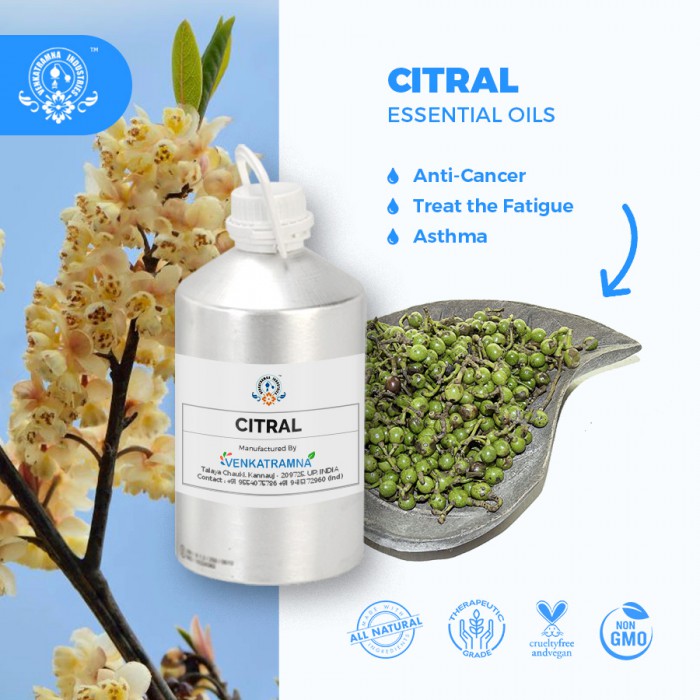
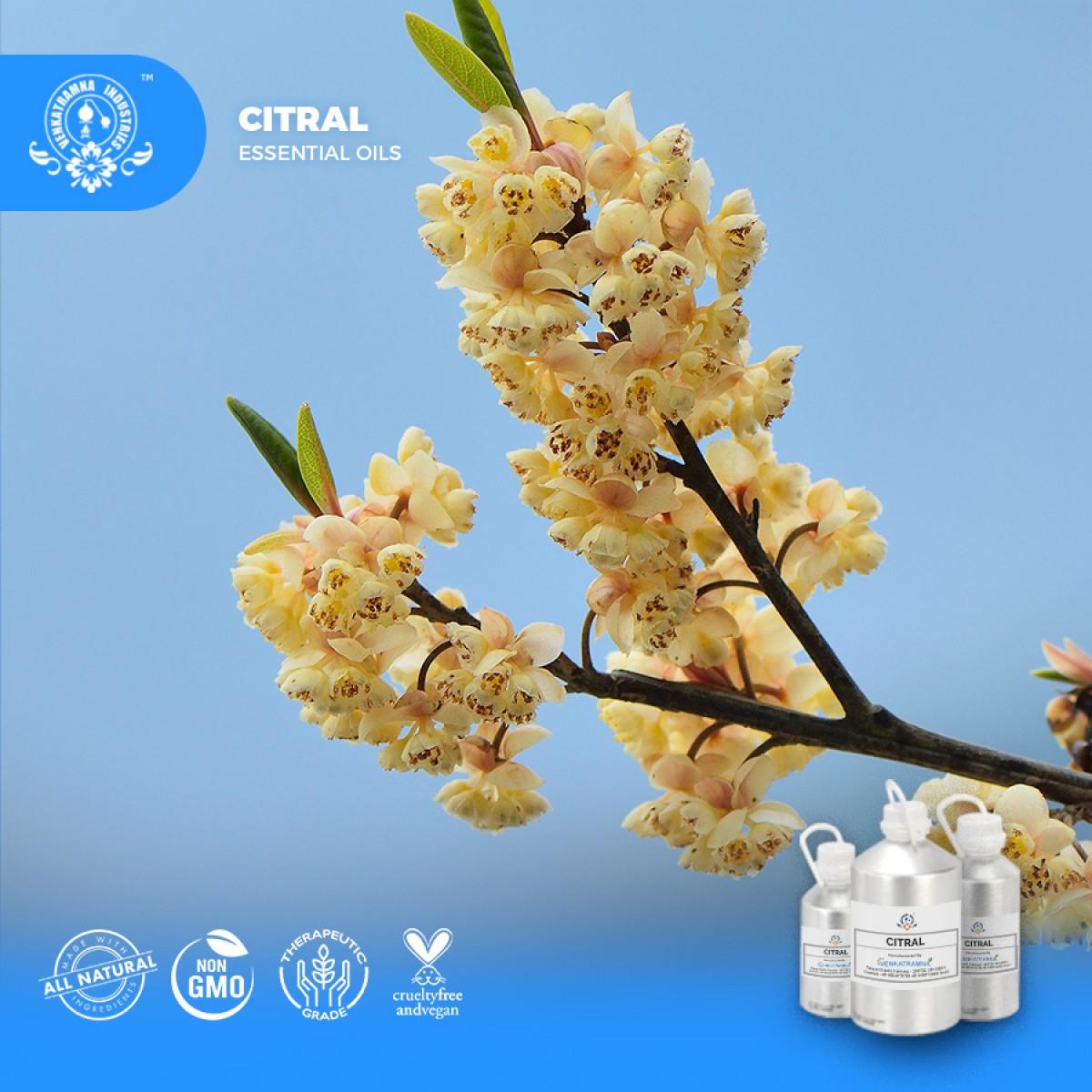
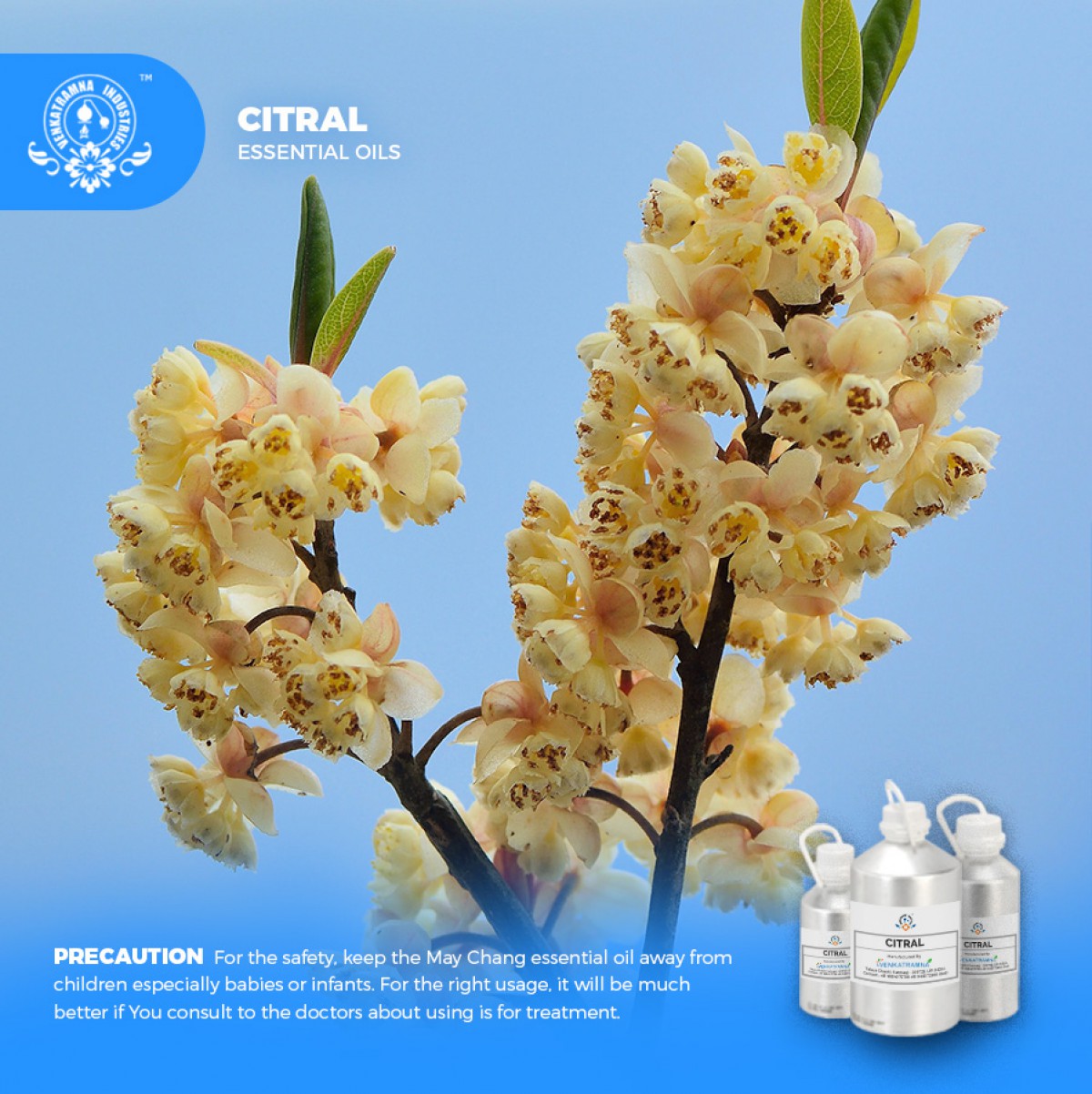
 MSDS-Citral.pdf
MSDS-Citral.pdf